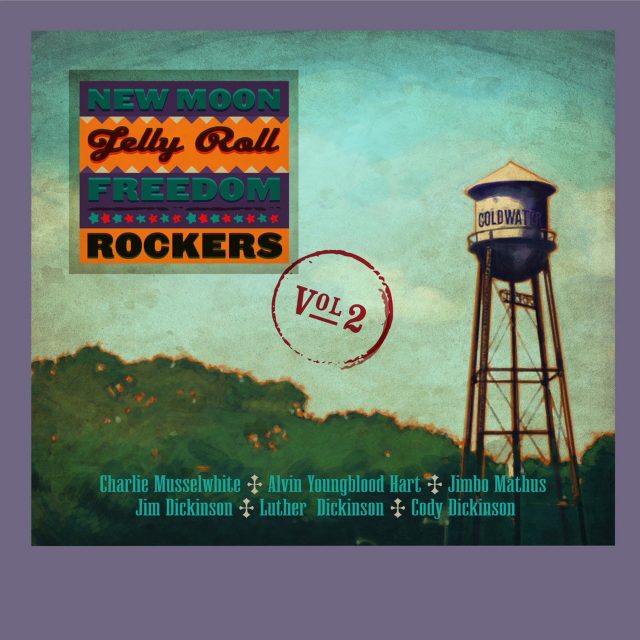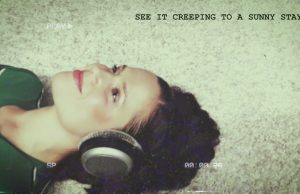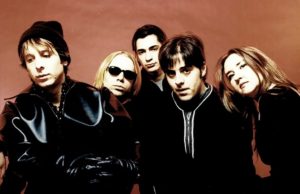The New Moon Jelly Roll Freedom Rockers’ Volume 2 is replete with the same instinctual camaraderie and musicianly savvy as its predecessor. Likewise culled from sessions recorded in 2007, this sequel is decidedly not comprised of mere leftovers or otherwise sub-par tracks originally left unreleased. On the contrary, the alternately upbeat and reflective atmosphere reaffirms the realism and presence of these 11 cuts at the Zebra Ranch studios that were subsequently produced to authentic effect by this ad hoc band itself.
This whimsically named ensemble bonds through a shared devotion to the genre(s) they love. It should thus come as no surprise the deceptively informal outfit sounds as self-assured on the late Texas eclectic Doug Sahm’s seminal Tex-Mex rocker She’s About A Mover as an the aptly named original of harpist/vocalist Charlie Musselwhite’ s that opens the album, Blues For Yesterday. And the impact of their respective fusions of spirit and style are undeniable, no matter who’s featured on any given track: the easy shuffle into which these six musicians slip for Jimbo Mathus’ Searchlight (Soon in the Morning) kicks in just as this roughly fifty-some minutes begins to generate momentum and simultaneously also functions as an artful set-up to the melancholy likes of Charles Mingus’ Oh Lord Don’t Let Them Atomic Bomb On Me.
If it wasn’t already obvious at the point of this spotlight for the late pianist/vocalist/composer Jim Dickinson, the Jelly Roll Rockers are clearly not intimidated by stylist boundaries. On the contrary, the ensemble is inspired to leap them; this cover of the late jazz bassist/composer’s tune precedes astute choices by comparably iconic blues figures: Junior Wells’ Messin’ With The Kid (often covered by the late great Irish bluesman Rory Gallagher), Jimmy Reed’s Can’t Stand To See You Go and Earl Hooker’s Blues Guitar. And all those possess a palpable continuity with the Mississippi Sheiks’ Blues Is Mighty Bad Feeling. The deceptively off-the-cuff air on Vol. 2 most specifically precludes any sense of over-familiarity radiating from such numbers. Similarly crucial in that regard are the succinct arrangements that allow solos of piano, guitar or harp to serve the individual songs rather than placate the egos of the respective participants. A notable case in point happens to be the spotlight afforded guitarist Luther Dickinson on the instrumental Blue Guitar, but all the participants play a role in distinguishing these performances, each in his own inimitable fashion.
Chicago blues veteran Musselwhite’s ghostly Black Water supplies yet another expression of continuity here. Doleful and despairing, it doesn’t clash with the generally high spirits of Vol. 2, but rather accentuates the contrasts in the two moods. The New Mooners not only display a shared facility to restrain themselves when it’s called for, but they can also unleash a joyful abandon to equally good effect: hear Alvin Youngblood Hart as he leads them through the tongue-in- cheek likes of Millionaire Blues (If Blues Was Money). The younger Dickinson sibling, drummer/singer/washboardist Cody, bonds at various points with bassists Chris Chew (then of North Mississippi Allstars) and Paul Taylor forming rotating rhythm sections that sound more ramshackle than they really are.”












































